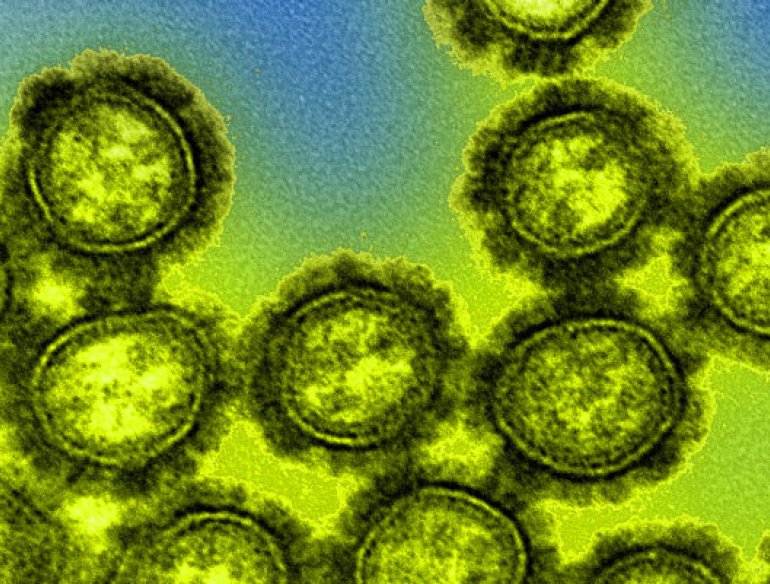The trial provided strong evidence that passive immunotherapy as an additional therapy for adults hospitalised with severe influenza A does not provide clinical benefit. Although the beneficial effects of IVIG in participants with influenza B was supported by laboratory test results, further randomised studies will be needed to confirm the clinical and virological benefits observed in this study.
Despite vaccines and the use of antiviral medication, influenza results in substantial annual morbidity and mortality in both the developed and developing world. Hence, there is a great need for better treatments at all stages of disease severity. One potential therapeutic strategy involves the use of hyper-immune intravenous immunoglobulin prepared from either convalescent plasma from individuals with documented influenza or from volunteers previously vaccinated for influenza.
FLU-IVIG investigated whether a single infusion of anti-influenza hyper-immune immunoglobulin (IVIG), when added to standard of care treatment, is superior to placebo in reducing the severity and duration of disease in adults who are hospitalised with influenza.
This randomised, double-blind, placebo-controlled study recruited adults hospitalised with influenza at sites in Argentina, Australia, Denmark, Greece, Spain, Thailand, the United Kingdom and the United States of America. Participants with confirmed influenza A or B infection were randomly assigned to receive either a single infusion of IVIG or placebo in addition to standard of care influenza treatment. Participants remained on study for 28 days during which they were assessed for clinical, laboratory and virological outcomes, adverse events, duration of hospitalisation and survival.
The study enrolled 313 participants, 168 received IVIG and 161 received placebo. The study found that although a single dose of IVIG resulted in large increases in a laboratory marker of influenza there was no clinical benefit to participants overall or in the subgroup infected with influenza A. Contrary to expectation there was a clinical benefit at day 7 and a virological benefit at day 3 in participants with influenza B infection compared to placebo.
- University of Minnesota, UMN
- International Network for Strategic Initiatives in Global HIV Trials (INSIGHT)
In collaboration with four International Coordinating Centres (ICCs) of the INSIGHT Network:
- Centre of Excellence for Health, Immunity and Infections (CHIP), Copenhagen, Denmark
- Medical Research Council (MRC) Clinical Trials Unit at University College London (UCL), London, United Kingdom
- Kirby Institute, UNSW Sydney, Australia
- Institute for Clinical Research at the Veterans Affairs Medical Center, Washington, D.C., USA

